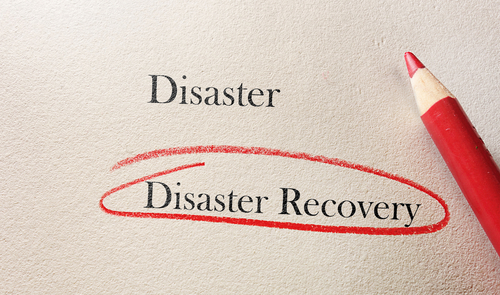
U.S. Reps. Eric Swalwell (D-CA) and Jenniffer González-Colón (R-PR) are espousing the benefits of newly introduced legislation they maintain would aid natural disaster preparedness, response, and recovery.
According to bill proponents, the Preventing Our Next Natural Disaster Act would establish a series of Federal Emergency Management Agency (FEMA) pre-disaster mitigation grant program revisions by increasing funding; ensuring that communities who need it most, those with high hazard risk and environmental justice communities, receive access to the funding; and improve data collection to better track and manage resources before and after natural disasters.
“From coastal floods to catastrophic wildfires, the East Bay has seen an increasing number of natural disasters due to climate change,” Swalwell said. “These crises are not going to stop, and it’s essential that we take the necessary steps to prepare. The Preventing Our Next Natural Disaster Act would provide funding to communities that are most vulnerable to natural disasters to help them better prepare for these increasing threats.”
Legislation provisions include increasing FEMA’s set aside for pre-disaster mitigation assistance from 6 percent to 15 percent; providing a 2 percent set aside for capacity-building assistance; encouraging FEMA to incorporate climate change into the National Risk Index and its cost-benefit analysis, in addition ensuring grant funding is used to support projects designed to withstand future flooding; and requiring FEMA to collect and post demographic data on the impact of natural disasters and federal recovery efforts as a means of better allocating and tracking resources.
“The impact of Hurricane Fiona last year shows us that natural disaster situations are not a matter of if, but of when, and putting in place mitigation measures before it happens again is essential to protect lives and property in our communities,” González-Colón said.




